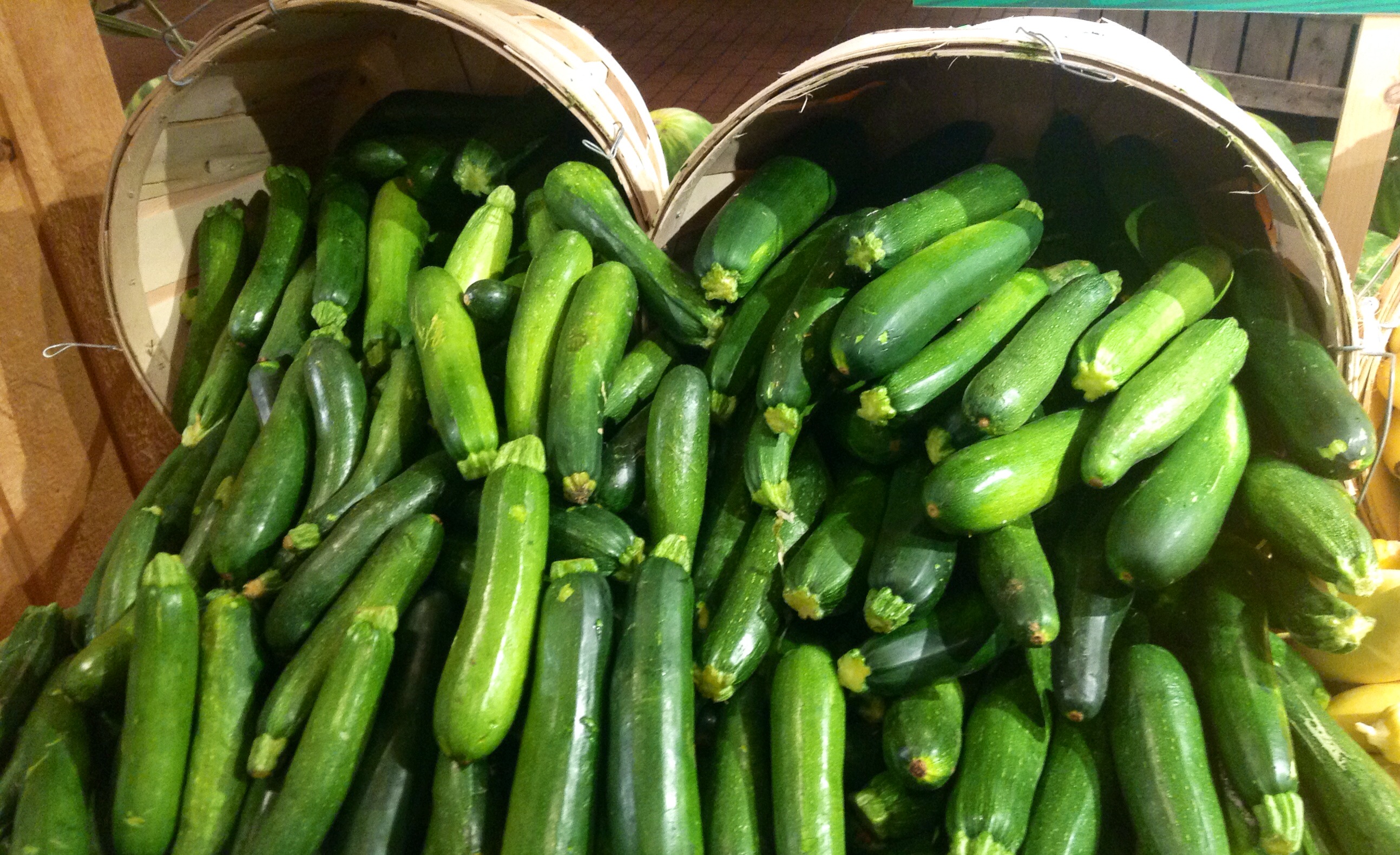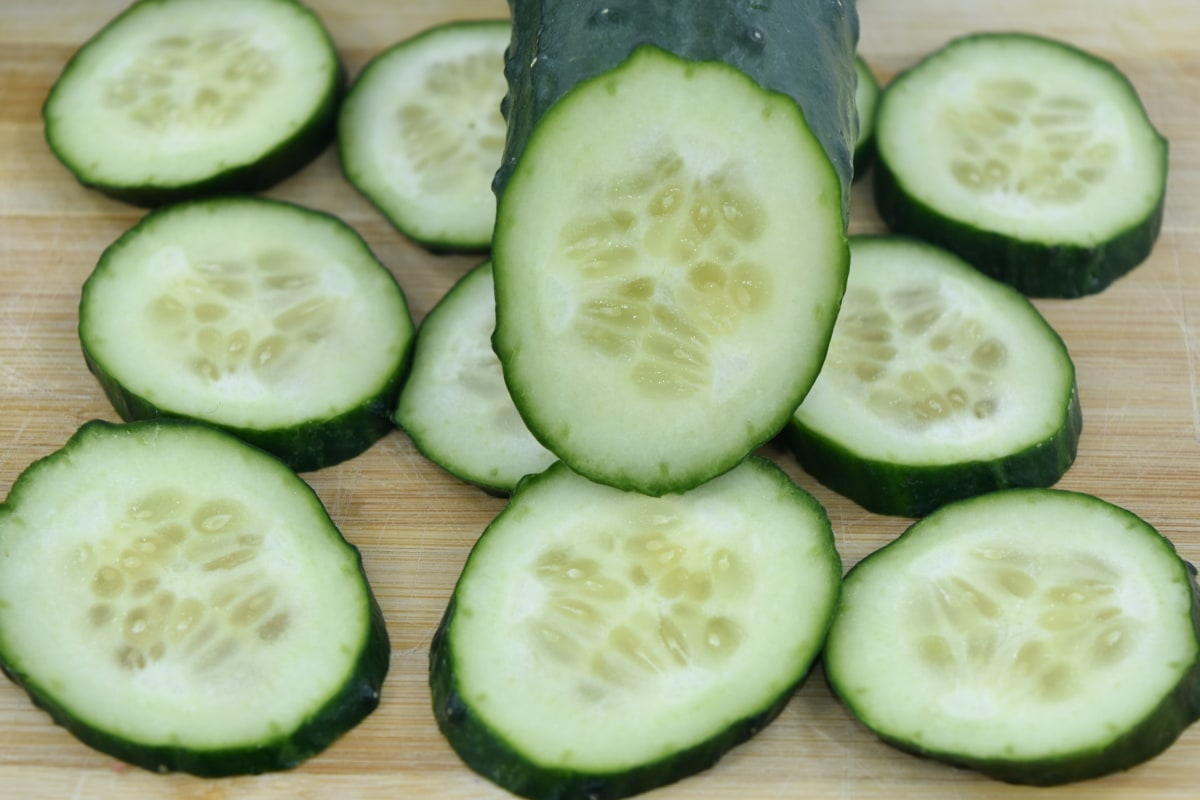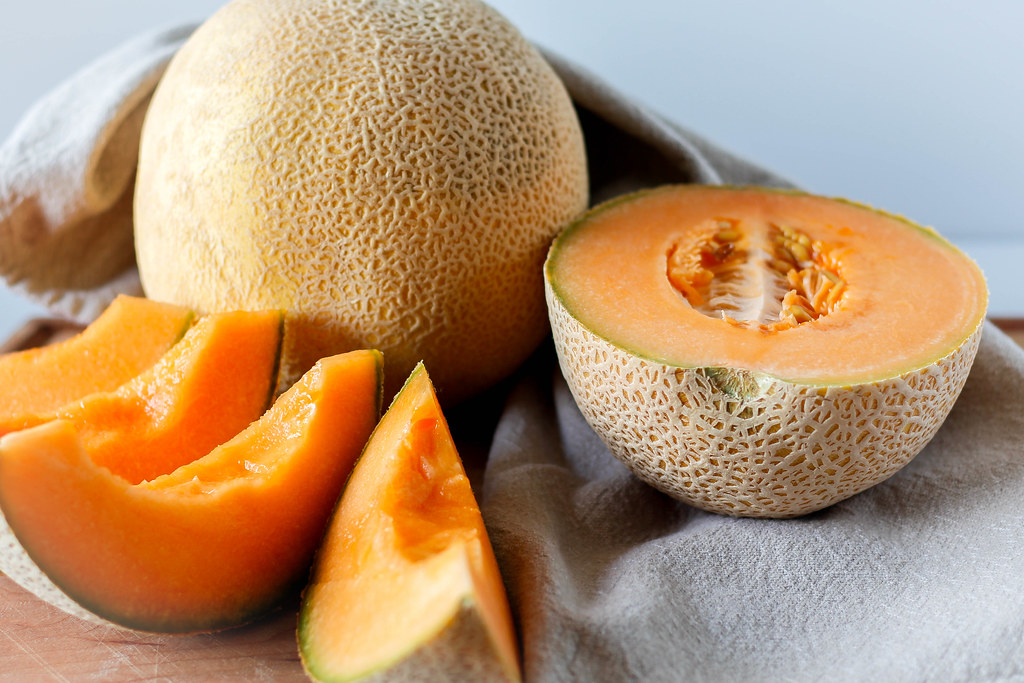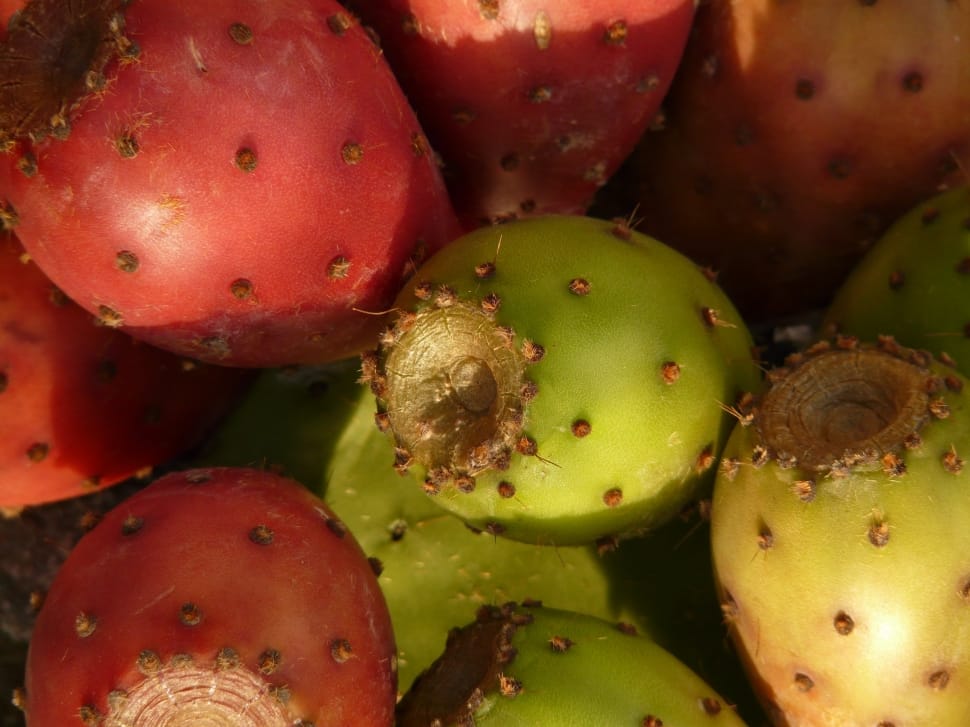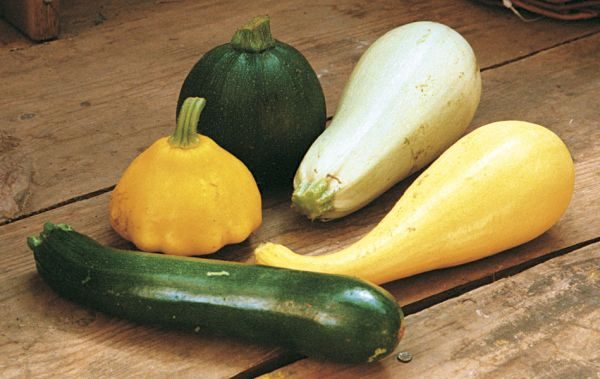
New studies about squash show it has powerful antioxidant, anti-inflammatory and anti-diabetic properties, a food expert says.
“Squash includes both winter and summer varieties, some examples include, zucchini from the summer and butternut, buttercup, acorn, pumpkin and kabocha from winter,” Phil Lempert, a food industry analyst, said in a statement.
“Many of the carbs in winter starch come from polysaccharides found in the cell walls. These polysaccharides include pectins — specially structured polysaccharides that in winter squash often include special chains of D-galacturonic acid called homogalacturonan. An increasing number of animal studies now show that these starch-related components in winter squash have antioxidant, anti-inflammatory, as well as anti-diabetic and insulin-regulating properties.”
Squash contains also essential minerals like potassium, manganese and copper.
Although the squash is really a fruit, many people use it as a vegetable for culinary purposes.
Squash can be prepared by baking it, cut into fries, put into soups or boiled.

